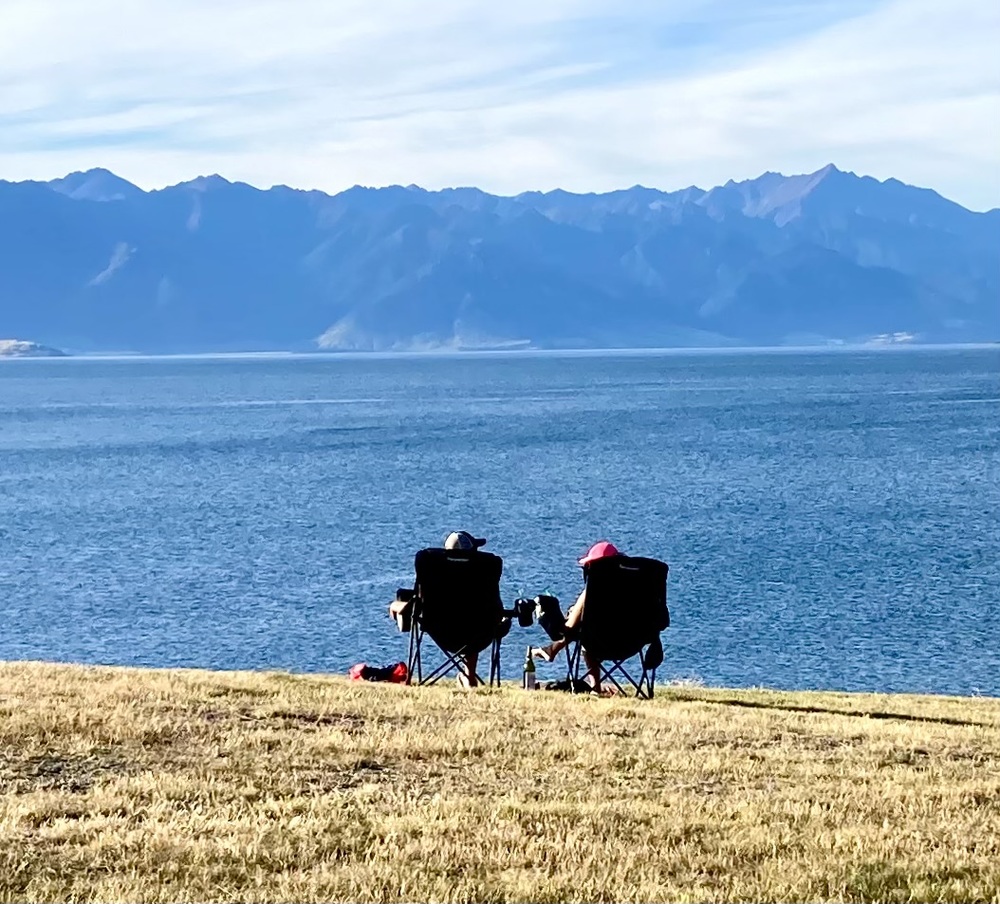Tourism must end ‘race for the bottom’ - Minister
Sue Wards
27 March 2022, 5:06 PM
 Tourism minister Stuart Nash PHOTO: Supplied
Tourism minister Stuart Nash PHOTO: SuppliedTourism minister Stuart Nash heralded a work programme to tackle a new approach to the tourism industry in a speech to the University of Otago Tourism Policy School on ‘Structural Change for Regenerative Tourism’ on Friday (March 25).
The minister said while there is a plan for re-opening the borders, we can’t expect a return to 2019 levels of tourism, and nor should we want to.
Tourism was our largest export industry and delivered $40.9 billion to the country. It also made a significant positive impact on regional economies, directly employing 8.4 percent (over 200,000) of the New Zealand workforce.
Post-Covid, the tourism industry is facing some major challenges.
“I know there’s real potential in tourism to become a low-carbon, high-skill and high-wage industry – to be smarter and to be greener and to be a career of choice for school leavers,” Stuart said.

Part of reopening New Zealand will be about targeting ‘high-value’ visitors, the tourism minister said. PHOTO: Wānaka App
He acknowledged that for many tourism operators, just keeping cash coming in has been a challenge over the past two years, but said a continued “race to the bottom” with low wages and poor conditions will not serve anyone well.
A Tourism Industry Transformation Plan programme (ITP) has been set up to look at issues in the tourism industry, and its first phase is on achieving ‘Better Work’ for the tourism industry.
“This is about tackling systemic workforce issues – better pay and better conditions for workers,” Stuart said.
The Tourism ITP will put out a draft action plan for consultation in the middle of this year on this set of issues, Stuart said, and the industry “should expect to find some discomforting truths” in it.
“... if we don’t make changes and allow the relatively small number of operators to continue poor employment practices, they will continue to drag down the reputation of the whole industry.”
The second phase for the ITP will be on tourism’s environmental impact, he said.
The government has engaged Aotearoa Circle to carry out a climate change ‘adaptation roadmap’ for the industry, and will advise the ITP later this year.
Climate change will bring massive changes to the physical environment on which our tourism industry relies heavily, the minister said, citing extreme weather events, and in the future access issues, sea level rises and steadily decreasing snowfall.
Part of reopening New Zealand will be about targeting ‘high-value’ visitors, he said.
“My thoughts about ‘high value’ do not exclude the backpackers or budget-conscious travellers,” which, he added, will “always be welcome”.
“High-value tourism …is the framework we take to our international marketing activities.”
Stuart described high-value visitors as those who give back more than they take; are environmentally conscious, seek to off-set carbon emissions; and are respectful of local communities and cultures.
He also hinted at a possible increase in the international visitor conservation and tourism levy, which is currently $35.
“I think most of us could agree that $35 for the IVL was fine when it first came in, but is not sustainable in the long term if we are to meet the expectations of visitors for world-class infrastructure and facilities.”




